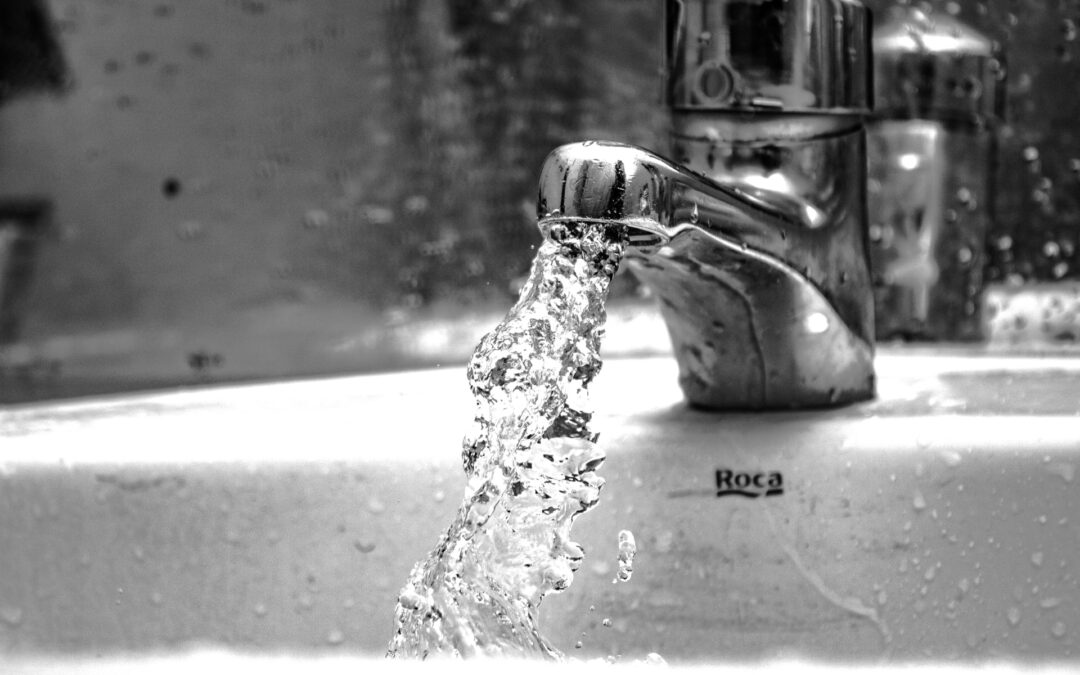You may have been told your home has hard water and that you’d benefit from a water softener. What exactly is a water softener? What does it do? How do you know if you need one? Is a water softener the same as a water filter? Here’s what you need to know.
Hard Water
Hard water is defined as having a high mineral content—mostly dissolved calcium and magnesium with traces of a variety of other metals such as iron. Depending on the amount of mineral content, water is classified as varying degrees of hardness.
Hard water can make your water smell or taste funny, cause skin irritation, create soap and scum buildup on your fixtures, leave spots on your dishes and glassware, cause stains and mineral buildup on tubs and sinks, and make it difficult to get your laundry completely clean.
Worst of all, mineral deposits from hard water can create scale in your plumbing, not only clogging showerheads, but eventually causing major and expensive plumbing issues.
What does a water softener do?
As you can see, hard water can negatively affect your convenience, well-being, and bank account. If you’ve noticed hard water warning signs, it’s time to seriously consider installing a water softener system!
The most popular whole-house water softener is a salt based system that works by filtering your home’s hard water supply through a mineral tank. Using an ion exchange process, the system removes calcium and magnesium from the water, replacing them with other ions like sodium or potassium, creating soft water.
Advantages of Soft Water
In addition to protecting your plumbing and solving your staining and mineral build up problems, soft water prolongs the life of your water-serviced appliances. You’ll also find that soap and shampoo lather easily with soft water allowing you to use less. You’ll save a considerable amount of money yearly on shampoo and laundry detergent.
How safe is soft water to drink?
You can safely drink soft water as long as your home does not have lead pipes, as lead will leech into soft water. Be aware that most water softeners are not purification systems. If you need a purification system to remove bacteria, chemicals, or particles, the purification system will need to stay in place along with the water softener. Note that houseplants tend to prefer water with a higher mineral content and less sodium than what you normally have in soft water.
Water Softener vs. Water Filter System.
As discussed, salt based water softeners are not water purifiers. They are specifically intended to remove high concentrations of minerals from your water.
Water filters, on the other hand, use a filtration system such as carbon filtration to absorb or trap sediment and toxins to improve the taste and safety of your drinking water. Some systems (UV water purifiers) are designed to kill bacteria.
To be clear, ion exchange water softener systems and water filtration systems serve completely different purposes and are not interchangeable. In fact, yo may find that using both systems greatly improves your home water supply.


